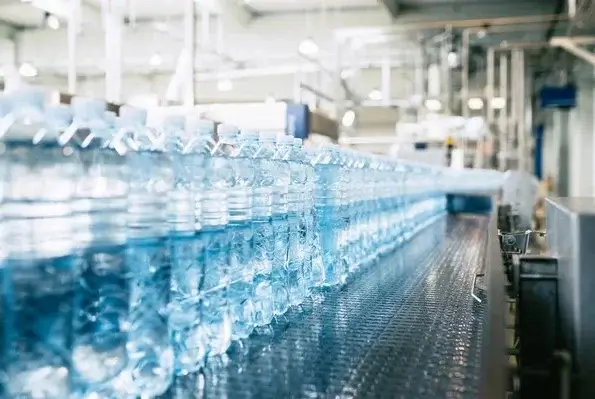Production of drinking water on an industrial scale plays a key role in providing the population with clean water. However, it also raises questions about its impact on the environment. Let's consider what environmental risks may arise and how they can be minimized.
Main environmental consequences
Depletion of aquifersIndustrial extraction of water from underground sources can lead to depletion of aquifers. This is especially dangerous in regions with limited water resources, where groundwater is the main source for drinking, agriculture and ecosystems.
Change in hydrological balanceExcessive pumping water from rivers, lakes or underground reservoirs can disrupt the natural hydrological balance. This can lead to a decrease in the level of reservoirs, drying out of swamps and other natural water bodies.
Impact on ecosystemsA decrease in water level in natural reservoirs negatively affects flora and water-dependent fauna. Many species of animals and plants may lose their usual habitats, which increases the risk of their extinction.
Environmental pollutionIndustrial water extraction is sometimes accompanied by the use of chemicals for purification or water storage, which may lead to soil and water contamination. In addition, transporting water in plastic containers causes the problem of plastic waste.
How to minimize the negative impact?
Rational use of waterIt is important to consider a sustainable production rate that corresponds to the natural replenishment of aquifers.
Investments in technologyModern technologies make it possible to reduce the volume of water losses during extraction and transportation, as well as reduce the use of plastic through reusable containers.
Protection of aquatic ecosystemsDevelopment of protected zones around drinking water sources and strict control over them use will help preserve ecosystems.
Increasing awarenessPromoting rational water consumption among the population reduces the need for excessive water production.
Conclusion
Extraction of drinking water on an industrial scale can have a negative impact on the environment if not controlled . However, with proper management and the introduction of environmentally sustainable technologies, harm can be significantly reduced and a balance between human needs and nature conservation can be achieved.
The material was prepared with the help of the company Avita Water.




